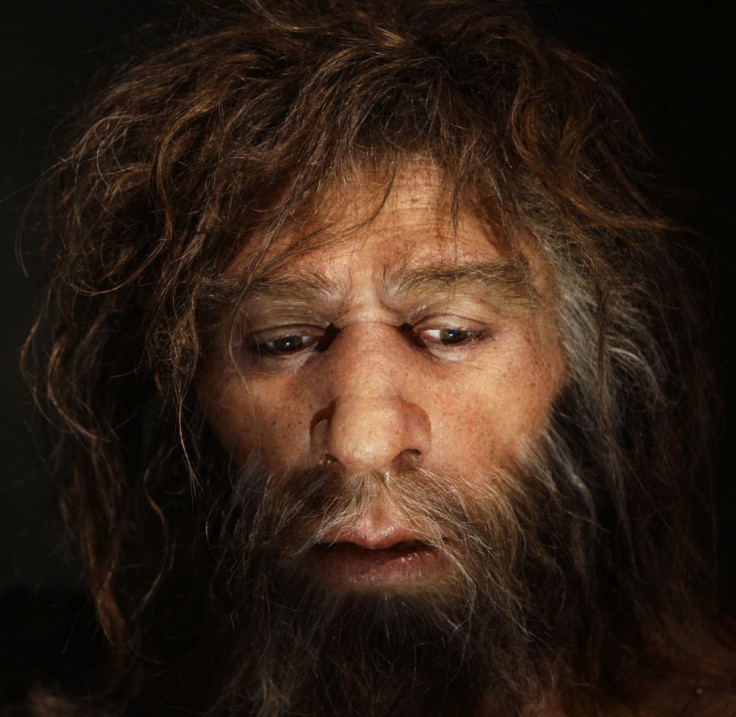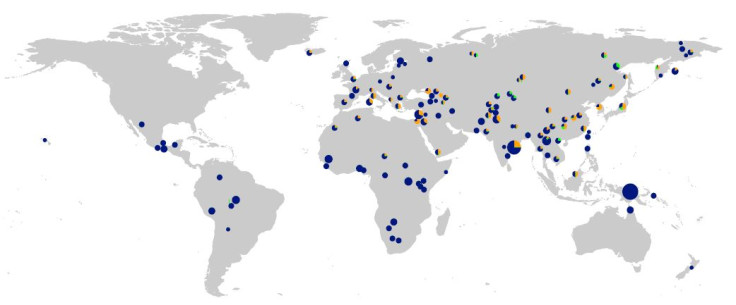Interspecies sex with Neanderthals and Denisovans boosted our immune system

Early humans interbreeding with Neanderthals and Denisovans helped boost our ability to ward off infection, two studies have found.
By having interspecies sex, humans were left with gene variations that boosted our immunity – but might also have left some people more prone to allergies.
Both independent studies were published in the American Journal of Human Genetics. Previous research has shown that up to 6% of modern Eurasian genomes came from Neanderthals or Denisovans. In the latest work, researchers looked at the importance of Toll-like receptor (TLR) genes – genes that detect and respond to bacteria, fungi and parasites. These genes are essential to producing inflammatory and anti-microbial responses and activating an immune response.
In one of the studies, Lluis Quintana-Murci of the Institut Pasteur and the CNRS in Paris looked at the evolution of the immune system over time using data on modern-day people, as well as genome sequences of ancient hominins. They looked at 1,500 genes that play a role in the innate immune system and the evolutionary changes that took place to work out how much variation had been passed down from Neanderthals.
Findings showed little change over time – most adaptations took place within the last 13,000 years, when humans shifted from hunter-gatherer lifestyles to farming. However, they also found Neanderthals were of particular importance in terms of our immunity: "We show that innate immunity genes present higher Neandertal introgression than the remainder of the coding genome," they wrote. "Notably, among the genes presenting the highest Neandertal ancestry, we find the TLR6-TLR1-TLR10 cluster, which also contains functional adaptive variation in Europeans."
The second study, led by Janet Kelso of the Max Planck Institute for Evolutionary Anthropology, looked at the functional importance of genes inherited early on in human evolution by screening modern humans looking for similarities with Neanderthals and Denisovan genomes. Researchers came to the same conclusion as the other paper.

Two genes were found to be more similar to Neanderthals, while a third was more like the Denisovan genome. They also found these variants offered an advantage, in that they were associated with a greater reaction to pathogens. As a flip side to this immunity boost, however, it also increased human susceptibility to allergies.
"What has emerged from our study as well as from other work on introgression is that interbreeding with archaic humans does indeed have functional implications for modern humans, and that the most obvious consequences have been in shaping our adaptation to our environment – improving how we resist pathogens and metabolise novel foods," Kelso explained.
"Neanderthals, for example, had lived in Europe and Western Asia for around 200,000 years before the arrival of modern humans. They were likely well-adapted to the local climate, foods, and pathogens. By interbreeding with these archaic humans, we modern humans gained these advantageous adaptations."
© Copyright IBTimes 2025. All rights reserved.






















